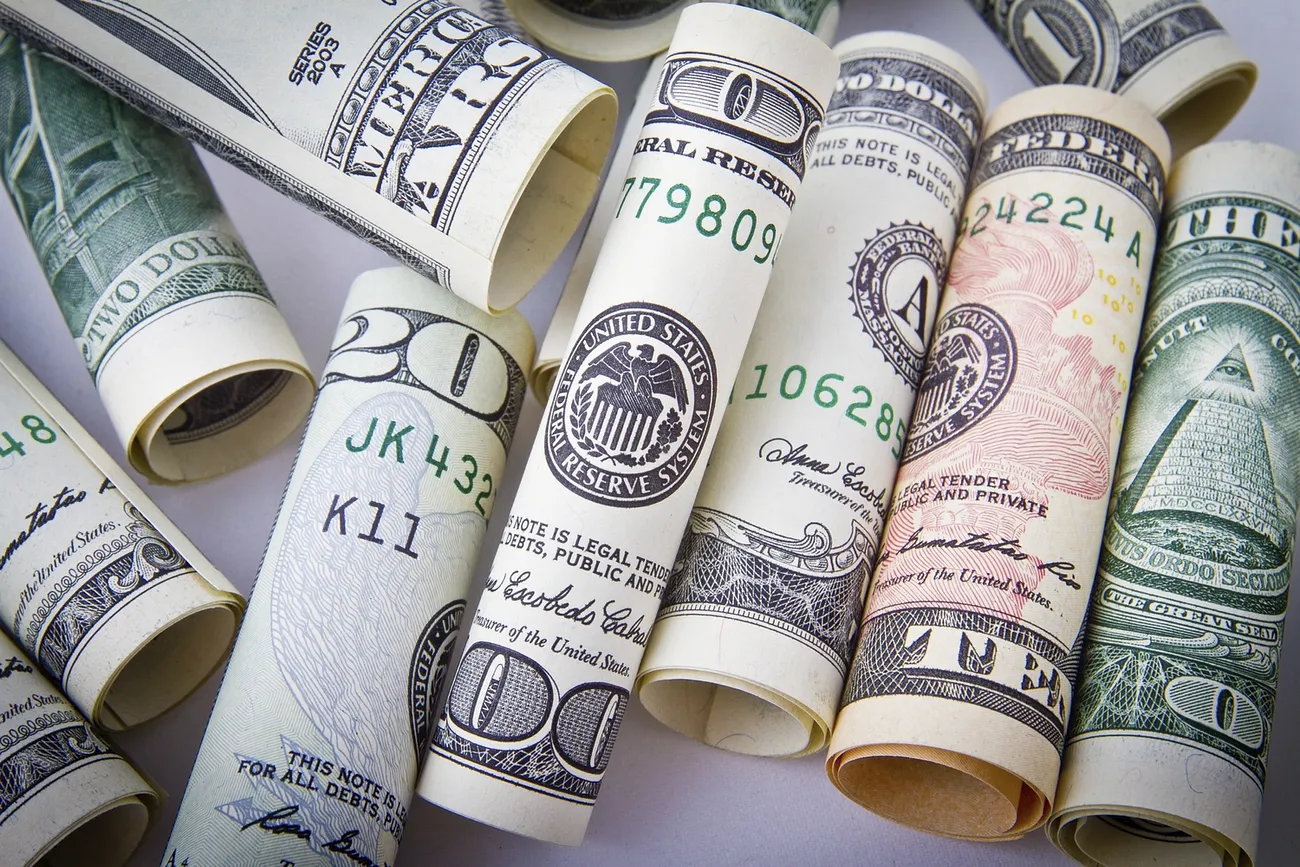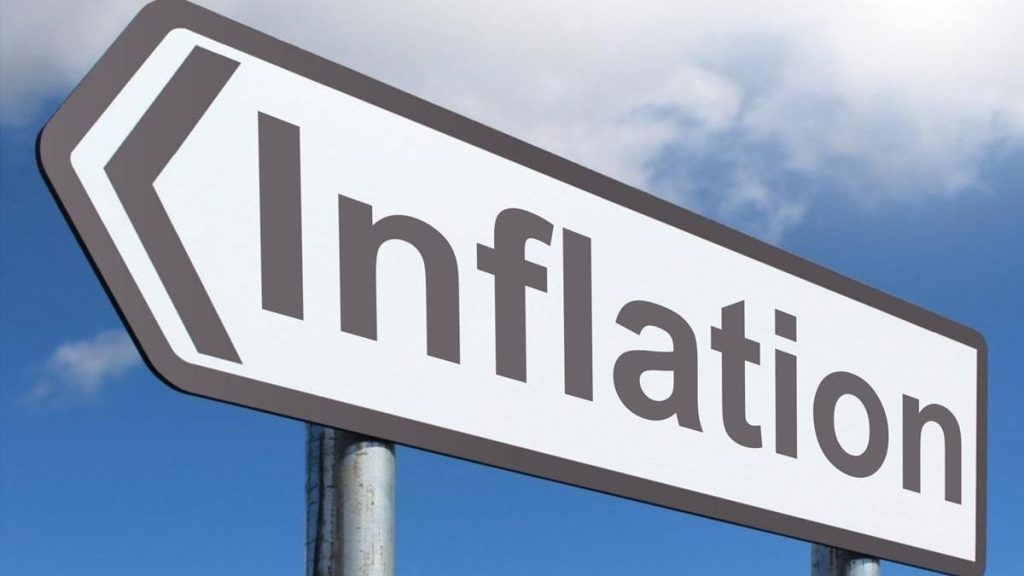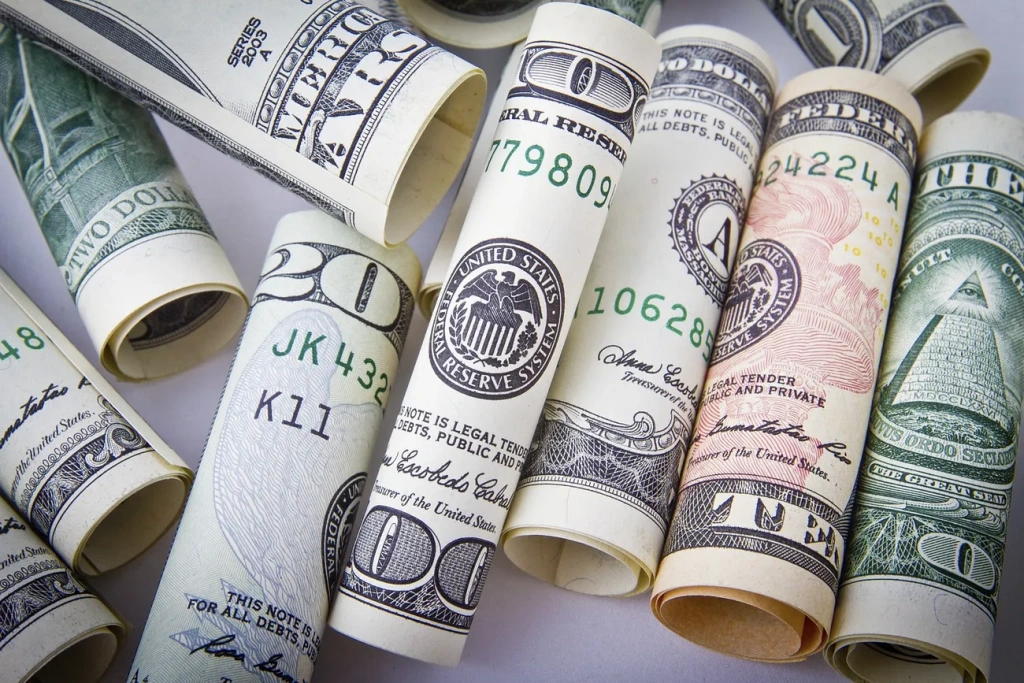
Table of Contents
Impact of Inflation on Your Savings: How to Stay Ahead
Impact of Inflation on Your Savings: Inflation stands amongst one of the most influential forces that always have potential to reduce the value of your money over some time. It means the overall rise in price of merchandise and services which shrinks the worth of money in one’s disposal. Higher inflation means that the same amount of money that you are using today to buy goods and services will be worth less in the future, which is something you don’t want to happen.
It is therefore important to know how inflation affects or will affect your money and what measures can be made to ensure that the real value of your money gets added to. In this article, you’ll learn how inflation impacts your money, how to safeguard your financial well-being, and the relative advantages and drawbacks of each.

1. A review of the basic elements and impacts of inflation
Inflation often measured with the help of Consumer Price Index (CPI) defining the cost of a certain set of products and services within a specific period of time. Inflation is something that when implemented, weakens the value of each unit in any given currency and thereby reduces your buying power. An inflation rate of even 2-3% per annum can bring a disastrous effect on the money that you have saved over a period of time.
Example: Let’s assume that you have $10000 saved in the bank and the interest compounded annually is 1%. Instead, the relationship between the nominal interest rate and inflation is given by the formula: real return = nominal return-inflation rate If inflation is 3%, your real return is negative (1% interest – 3% inflation = -2%). This means otherwise, your savings in the real terms are eroding every year.
2. Why is Inflation Important to the Savers?
Currently, inflation greatly affects individuals who invest in low-interest-bearing instruments like savings account or certificates of deposit (CDs), where the interest, earned cannot even fund the inflation. With time, the amount of money stored in these accounts begins to decline in terms of its purchasing power, which implied that what the money buys today was doable at one point.
Impact on Retirement: If inflation is higher than your savings earning rate, then you’ll find that by the time you reach retirement years, your saved up amount will be considerably lower than your expectation. This can make it difficult to sustain the retirement style or lifestyle that one wants to live in their post-working years.
Emergency Funds: ACCOUNTS IN cushions are also eroded by inflation in the same manner. Having liquid cash that would serve just in case of an emergency is always good but putting all your money in an account with little to no interest means that your money is slowly being eaten by inflation.
3. The Use of Interest Rate in Inflation Process
If central banks such as the Federal Reserve want to set interest rates then they have to consider inflation when they are doing so. When there is inflation, the central banks may increase the interest rate hence reducing inflation but at the same time it makes the cost of credit expensive. In the same respect, low interest rates may help stimulate demand and spending; however, it causes inflation to accelerate in the process.
Pros of Low Interest Rates: Smaller down payments to borrow money, cheaper mortgage and incomes that people have left after paying for necessities.
Cons of Low Interest Rates: The fund accumulation is slower when compared to the accumulation of inflation, and at the same time returns on low risk bearing investments such as bonds or savings accounts.

4. How to Cover Your Savings from Inflation;
To cover inflation, you have to make sure that your savings rate is higher than inflation rate. Here are several strategies, along with their advantages and disadvantages:Here are several strategies, along with their advantages and disadvantages:
a) Investing in Stocks
Given that, equities have offered positive real returns in the past depending on the length of the investment period. This means that through share investment, one can increase his or her wealth and also avoid the situations where the cash they have set aside for investment reduces in value.
Advantages:
More the possible returns compared to ordinary saving and investment tools such as savings accounts and bonds.
Equity investments have, generally speaking, been deemed to give value added for inflation after the longer time horizon.
Disadvantages:
Stock markets are rather unreliable and, as a rule, entail greater risks in the short term.
It is not ideal to use such money for the emergency or any money that one requires in the near future.
b) Investing in Real Estate Real estate could be one of the most effective investment strategies since it provides long-term capital gains, fixed income and the benefits of leverage, diversification, tax shelter, and forced savings.
The fourth type of investment is in the real estate which most of the time generates long term appreciation and this is an investment that hedges against inflation. This is due to the fact that as the value of the property increases, so does the size of the equity and this wealth shall therefore not quickly disappear.
Advantages:
Generally, over the period, the property prices actually appreciate and in some cases the increments are even more than the inflation rate.
It can earn rental income it being a property and it normally has a tendency of increasing as inflation increases.
Disadvantages:
Steady expenses, for instance, down payments, maintenance cost and property taxes among others.
Real estate is relatively illiquid as compared to the other investments; this means that it can be sold and converted to cash in a short duration.
c) Purchasing of Inflation Indexed Bonds
Treasur Inflation-Indexed Securities or T-lPS are specific types of government securities which help investor to avoid inflation risk. TIPS is especially fixed and pays an interest that is determined by the inflation rate, and it pays it semi annually based on the new face value.
Advantages:
Direct protection as the principal value fluctuates in direct proportion to companys Consumer Price Index.
Little risk as they are finance by the United States government.
Disadvantages:
Far less returns than those that can be obtained in stocks or real estate business.
The interest and inflation adjustments are less after taxes if held in non-tax favoured accounts.
Journalist also describe important stocks for stock exchange including: a) Oil b) Agriculture products c) Metals d) Precious Metals
Fuels such as oil and gas and metals (for example gold and silver) have been known to over perform during inflation hence can be used to hedge one’s savings.
Advantages:
Of all the categories of the shares which can be invested in, it is well documented that commodities and metals excel in conditions of inflation.
As an investment product is perfectly suited as a diversification to an existing investment portfolio.
Disadvantages:
Costs for the products and/or metals used can be very fluctuating.
Haven’t paid anything like dividend or interest; are revenue and capital stocks that are risky in essence.
e) Making the Most Out of High-Yield Savings.
Whereas normal savings accounts provide almost negligible percentage of interest, high yield savings account offer slightly higher returns. While they do not eliminate the effects of inflation they will at least lessen the erosion of savings.
Advantages:
That is FDIC insured which makes it safe for savers to invest in.
It is easily accessible thus its suitability for use as an emergency, savings account.
Disadvantages:
Interest rates compared to that offered by traditional accounts remain comparatively high though sometimes trailing inflation rates.
Lacks good earnings growth for the long term hence it has no strong potential for future growth.
f) Diversifying Investments
The biggest security risk to your money is concentration of the money in one investment plan or venture. It is possible to achieve diversification across the different classes of assets such as equities, fixed income instruments, real estate and inflation indexed securities in a bid to reduce risk while at the same time aiming at achieving gains.
Advantages:
Through diversification one is able to minimize his/her loss and risk from the investments he/she has made.
Can offer positive results in avoiding inflation while also avoiding great fluctuations in returns.
Disadvantages:
Diversification is a disadvantage when it comes to investment since efforts and resources are spread out too thin.
Needs time to time adjustments and check-ups, to ensure you are on the right track financial wise, concerning your investments.

5. The Functions of Saving when there is Inflation
This means that there has to be sufficient cash at hand as an emergency fund or for immediate use and invest to create more wealth in the long run. Here, inflation is bound to impact one’s savings, but there are ways of escaping its devastating stick.
Emergency Funds: Emergency funds should also be stored in high yield savings accounts or money market accounts so there is available cash in case of an emergency while also getting some little extra interest on the cash.
Long-Term Savings: For long-term objectives such as providing for retirement, it advisable to invest in stocks, real estate as well as inflation indexed bonds.
6. Specifying the Dangers of Staying Idle
Neglecting inflation when drawing up your saving plan may have a very severe implication. In the long run, inflation will reduce the face amount of money that remains idle in low yield accounts and for this purpose one has to have more money in the future.
Loss of Purchasing Power: It means that, your savings are not equal to the amount, with which the costs are increases, this will reduce the overall security.
Inadequate Retirement Savings: It would be unfortunate if through inflation your savings are outstripped and you retire broke, to the extent where you have to downsize your lifestyle.
Conclusion: Impact of Inflation on Your Savings
Now it is clear that inflation is an inherent characteristic of the economy, but this in itself does not mean that it will reduce one’s financial standing. Being aware of its effects on your savings and taking some measures like buying stocks, real estate, special inflation adjusted securities and diversifying your investments, will let you fight it. They are all good but come with their own risks and rewards and depends on investors’ appetite for risk, time horizon and investment objectives. If effort is made and time taken, one can be able to save their money from the bad effect of inflation and be financially secured for the future.
FAQs on The Impact of Inflation on Your Savings: How to Stay Ahead
- What is inflation? Inflation refers to the general increase in prices of goods and services over time, reducing the purchasing power of money.
- How does inflation affect my savings? Inflation erodes the value of your savings because as prices rise, the same amount of money will buy fewer goods and services.
- Why should I be concerned about inflation if I have a savings account? Most savings accounts offer interest rates that are lower than the inflation rate, meaning your money loses value in real terms.
- What is purchasing power, and how does it relate to inflation? Purchasing power is the amount of goods or services you can buy with a specific amount of money. Inflation reduces purchasing power over time.
- How does inflation affect my emergency fund? Inflation decreases the value of your emergency fund, making it necessary to adjust and save more over time to maintain its usefulness.
- What are the typical inflation rates? Inflation rates typically range from 2-3% per year, but can fluctuate depending on economic conditions.
- How can I protect my savings from inflation? You can protect your savings by investing in assets that historically outpace inflation, such as stocks, real estate, or inflation-protected securities.
- What are Treasury Inflation-Protected Securities (TIPS)? TIPS are government-issued bonds that adjust their principal value based on inflation, providing protection against rising prices.
- Is investing in the stock market a good way to combat inflation? Yes, stocks have historically outperformed inflation over the long term, though they come with higher risks and volatility.
- Can real estate be a hedge against inflation? Yes, real estate generally increases in value over time and rental income tends to rise with inflation, making it a good hedge.
- How do interest rates affect inflation? Central banks adjust interest rates to control inflation. Higher interest rates can slow inflation, while lower rates may stimulate it.
- Should I keep cash during high inflation periods? Keeping too much cash during inflationary periods is risky because cash loses value over time. Consider investing in assets that grow with inflation.
- What is the difference between nominal returns and real returns? Nominal returns are the stated returns on an investment, while real returns account for inflation. Real returns show the actual growth of your purchasing power.
- How do high-yield savings accounts help with inflation? High-yield savings accounts offer better interest rates than traditional accounts, helping to offset inflation, but they still may not fully keep pace with rising prices.
- What role do commodities and precious metals play in protecting against inflation? Commodities and metals, like gold, often rise in value during inflationary periods, providing a hedge against inflation.
- What happens to bonds during inflation? Inflation erodes the value of fixed-income investments like bonds because their interest payments become less valuable as prices rise.
- Can diversifying my investments help protect against inflation? Yes, diversifying across stocks, bonds, real estate, and inflation-protected securities can reduce risk and offer growth opportunities to combat inflation.
- How does inflation impact retirement savings? Inflation can reduce the future value of your retirement savings, so it’s important to invest in assets that grow faster than inflation to preserve purchasing power.
- Is it possible to avoid the effects of inflation altogether? It’s difficult to avoid inflation entirely, but you can mitigate its impact by investing in assets that typically appreciate in value over time.
- How often should I review my savings plan in response to inflation? You should review your savings and investment strategies at least annually, or more frequently during periods of high inflation.
- Are cryptocurrencies a good hedge against inflation? Some view cryptocurrencies like Bitcoin as a hedge against inflation, but they are highly volatile and speculative compared to traditional assets like gold or stocks.
- How does inflation impact the cost of living? Inflation raises the cost of living by increasing prices for everyday items like groceries, housing, and transportation, making it essential to have a savings strategy that grows with inflation.
- What should I prioritize during inflation, saving more or investing? During inflation, it’s important to both save and invest. Keep enough in savings for emergencies but invest the rest in inflation-beating assets.
- How can I calculate the impact of inflation on my savings over time? You can use an inflation calculator, which factors in the inflation rate over a period of years to estimate how much purchasing power your savings will lose.
- What is the best long-term strategy to stay ahead of inflation? A balanced approach of investing in a diversified portfolio that includes stocks, real estate, inflation-protected securities, and high-yield savings accounts is the best way to stay ahead of inflation.
Also visit:-



